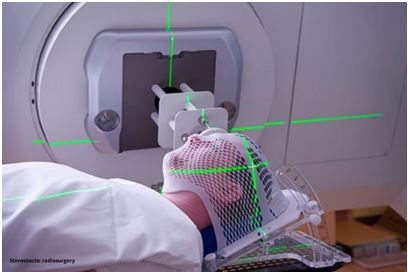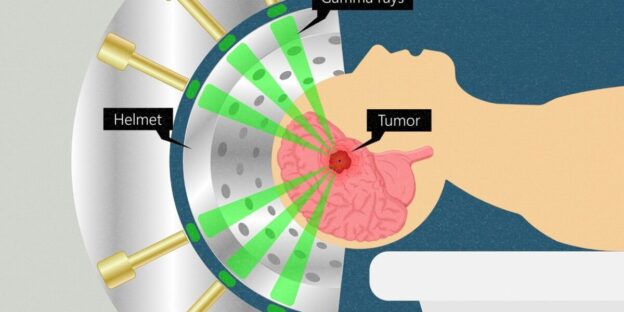Radiation Therapy: Excellence in Cancer Treatment at Dr. Rao’s Hospital
Cancer is a daunting diagnosis, but with advancements in medical science, powerful treatment options are available to combat this disease. One such treatment is radiation therapy, and Dr. Rao’s Hospital stands at the forefront of providing this cutting-edge therapy with precision and care. The hospital is devoted to providing the best cancer treatment and patient care under the direction of the renowned Dr. Mohana Rao Patibandla. According to thehindu
Understanding Radiation Therapy
Radiation therapy uses high-energy radiation to destroy cancer cells and shrink tumors. This treatment damages the DNA of cancerous cells, inhibiting their ability to grow and divide. Over time, these damaged cells die off, and the body naturally eliminates them. Radiation therapy is often used in conjunction with other treatments, such as surgery and chemotherapy, to improve patient outcomes.
Types of Radiation Therapy
External Beam Radiation Therapy (EBRT):
- This is the most common form of radiation therapy. It uses a linear accelerator machine to deliver high-energy beams to the cancer site precisely.
- Techniques such as 3D Conformal Radiation Therapy (3D CRT), Intensity-Modulated Radiation Therapy (IMRT), and Image-Guided Radiation Therapy (IGRT) enhance the precision and effectiveness of EBRT.
Internal Radiation Therapy (Brachytherapy):
- In this method, radioactive sources are placed inside or near the tumor. It allows a high radiation dose to target the cancer while minimizing exposure to surrounding healthy tissues.
- Brachytherapy is commonly used for cancers of the prostate, cervix, and breast.
Stereotactic Radiosurgery (SRS) and Stereotactic Body Radiation Therapy (SBRT):
- These advanced techniques deliver highly focused radiation beams to small, well-defined tumors, often in a single or a few sessions.
- SRS is typically used for brain tumors, while SBRT targets tumors in the body, such as those in the lungs or liver.
Why Choose Dr. Rao’s Hospital for Radiation Therapy?
Expertise and Experience
Dr. Mohana Rao Patibandla, a leading neurosurgeon with extensive training in various subspecialties, including neuro-oncology and radiosurgery, heads the radiation therapy department. His expertise ensures that patients receive the highest standard of care, with treatment plans tailored to their specific needs.
Advanced Technology
Dr. Rao’s Hospital has state-of-the-art radiation therapy equipment, ensuring precise and effective treatment. The hospital’s commitment to staying at the cutting edge of technology means that patients benefit from the latest advancements in radiation therapy.
Comprehensive Cancer Care
At Dr. Rao’s Hospital, radiation therapy is part of a comprehensive approach to cancer treatment. The multidisciplinary team includes oncologists, radiologists, surgeons, and support staff who work together to develop personalized treatment plans. This collaborative approach ensures that patients receive holistic care that addresses all aspects of their health and well-being.
Patient-Centered Approach
Patient comfort and safety are paramount at Dr. Rao’s Hospital. The hospital provides a supportive and compassionate environment, focusing on minimizing side effects and enhancing the quality of life during and after treatment. Patients and their families are guided through every step of the process, from initial consultation to follow-up care.
Success Stories
Many patients have benefited from the advanced radiation therapy provided at Dr. Rao’s Hospital. Stories of recovery and hope highlight the treatment’s effectiveness and the healthcare team’s dedication. These success stories testify to the hospital’s commitment to excellence in cancer care.
Conclusion
Radiation therapy is a powerful weapon in the fight against cancer, and Dr. Rao’s Hospital is a leader in providing this life-saving treatment. Under the expert guidance of Dr. Mohana Rao Patibandla, the hospital offers advanced, personalized care that gives patients the best chance for a successful outcome. If you or a loved one is facing a cancer diagnosis, consider Dr. Rao’s Hospital for world-class radiation therapy and comprehensive cancer care.
For more information or to schedule a consultation, please visit Dr. Rao’s Hospital or call 9010056444.


